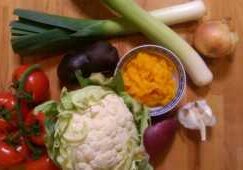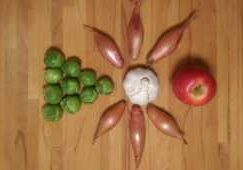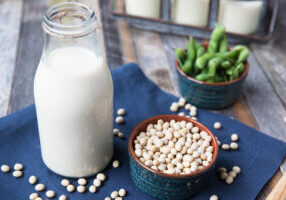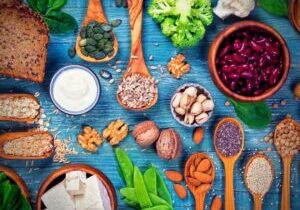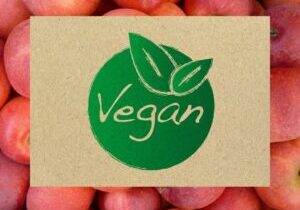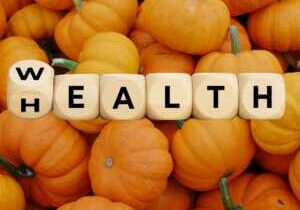One of the four most commonly given reasons for adopting a plant-based diet is concern for the environment. It’s a very good reason. The health of the planet is in a perilous state; much of it caused by human activity. No one means to cause harm. Simply, we have adopted lifestyles that are comfortable for us but, it is now realized, are often damaging to other people, other species and to our planet’s natural systems.
Do One Thing
Each one of us can help to correct these errors by making adjustments in how we live and what we eat. You already make dozens of choices each day – from what you buy to how you travel – and these all have an effect on the environment, for good or bad.
Your individual food choices are especially powerful. A plant-based diet is of clear benefit to the environment and can be adopted gradually or immediately; partially or fully. If you want to make the world a better place, start by shifting toward a plant-based diet.
Look through the following Seven Simple Choices and pick one of them. Choose the adjustment that is easiest for you to achieve and that you can begin immediately or within the next few days.
Seven Simple Choices
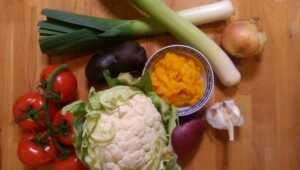 1) Gradually increase the number of plant-based meals you eat per week
1) Gradually increase the number of plant-based meals you eat per week
- Plant-based meals require less land, water and energy resources than animal-based meals
- They significantly reduce the greenhouse gas emissions associated with food production
2) Greatly reduce or Avoid all beef and dairy foods; all lamb or mutton
- This is a highly effective way to reduce the environmental impact of your diet, immediately
- Livestock production of cows and sheep (these animals are called ruminants) requires the most land, water and energy resources and is among the highest producer of greenhouse gas emissions of any food
3) Greatly reduce or Avoid all animal-based foods, including fish, eggs, dairy, poultry and pig
- Use one-quarter the amount of these foods you would normally use
- Replace ‘hidden’ animal ingredients, such as eggs or mince, with plant-based ingredients
- Serve ‘obvious’ animal ingredients in very small, garnish-like portion sizes
- Make easy switches such as from dairy to plant milk; or from beef to bean burger
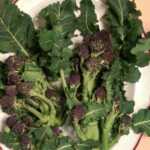 4) Buy a greater portion of your fresh food from local growers and producers
4) Buy a greater portion of your fresh food from local growers and producers
- Buying local generally means your produce is in season, whole, fresh and with greater nutrient value
- Local produce often is organically grown, or nearly so, on a small scale
- Transport, storage and packaging, which contribute to greenhouse gas emissions, are likely to be reduced when you buy locally
- Become your own local grower: plant a vegetable garden!
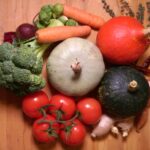 5) Buy whole, organically-grown food, whenever possible
5) Buy whole, organically-grown food, whenever possible
- Organic growing practices promote healthier soil, greater species diversity and conservation of resources while limiting the use of added chemicals, such as fertilizers, that can elevate greenhouse gas emissions.
6) Reduce food wastage, which accounts for approximately one-third of all food produced
- Buy less and store food carefully so you can use it all
- Use fresh food within a week; use stored food before it has passed its recommended date
- Donate to local Food Banks the products you know you will not use
- Recycle food containers and add raw food scraps to the compost
7) Avoid over-consumption of calories, protein and animal-based foods, especially beef and dairy
- Over-consumption creates inequalities that can result in harm to the environment
- Avoiding excess helps to maintain a healthy weight and reduce the likelihood of illnesses of excess, such as coronary heart disease, Type 2 diabetes and some forms of cancer
- Staying healthy is a less costly way of life for everyone!
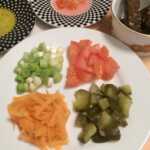 When you are ready
When you are ready
Choose one more option from the list and add it to your lifestyle. Gradually, as you continue to adjust your diet pattern, you will notice the benefits of a largely plant-based way of eating.
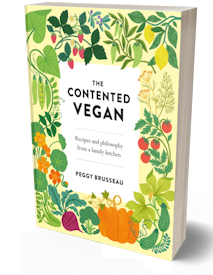
THE CONTENTED VEGAN is a complete guide to the emerging vegan lifestyle. Based on two decades experience of raising a vegan family.
Read Peg's Newsletter...
It's free & fun!
I don’t know if you find it hard to remember web links that are impossibly long and full of gobbledygook?
If you are, then I’ve got some good news…
We’ve made it incredibly easy for you to share a link to my book with your friends – in a way that doesn’t require a degree in programming!
Simply give them this link–
“get.veganbook.today”
No www or anything else – just get dot veganbook dot today. That’ll do the trick – try it!

